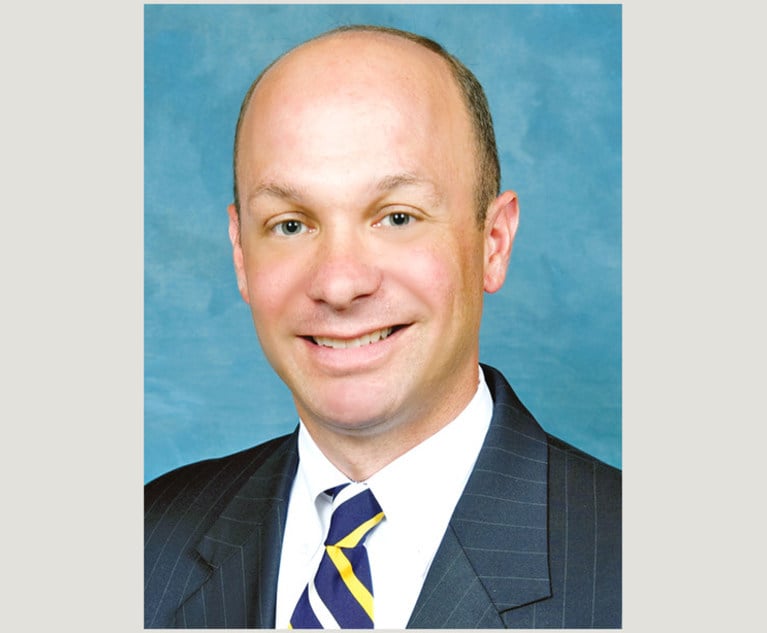Almost a year ago, the Pennsylvania Supreme Court decided the matter of Lorino v. Workers’ Compensation Appeals Board (Commonwealth of Pennsylvania), 266 A.3d 487 (Pa. 2021), which directed that attorney fees “shall” be awarded when an injured worker prevails in a litigated matter. As is well known, the Pennsylvania Workers’ Compensation Act has always been interpreted to allow attorney fees charged against the employer/insurance carrier only if the employer failed to demonstrate the contest of the litigation was “unreasonable”—thus the term “unreasonable contest attorney fees.” To put it mildly, the award of attorney fees assessed against the insurance company was the exception to the rule. Even in the most unreasonable of contests, attorney fees were traditionally assessed in nominal amounts and were always stayed by the Workers’ Compensation Appeals Board, in the few cases where they were awarded.
The tide began to shift, ever so slightly with cases like Gabriel v. Workers’ Compensation Appeals Board (Procter and Gamble Products), 242 A.3d 956 (Pa. Cmmw. Ct. 2020), which allowed for the mere failure of an employer to file a bureau document in a timely manner to be considered an unreasonable contest. Gabriel was followed by the Pennsylvania Supreme Court case that completely upended the status quo that had been in place from time immemorial. In Lorino v. Workers’ Compensation Appeals Board (Commonwealth of Pennsylvania), the Supreme Court expanded employer-funded attorney fees, even where the employer establishes a reasonable basis for the contest. Unbeknownst to almost anyone, apparently the appellate courts of Pennsylvania have consistently misconstrued Section 440 of the act in failing to award attorney fees to a claimant when an employer had established a reasonable basis for its contest. Lorino turned on the meaning of the terms “shall” and “may” found in Section 440.


 Christian Petrucci of the Law Offices of Christian Petrucci.
Christian Petrucci of the Law Offices of Christian Petrucci.




